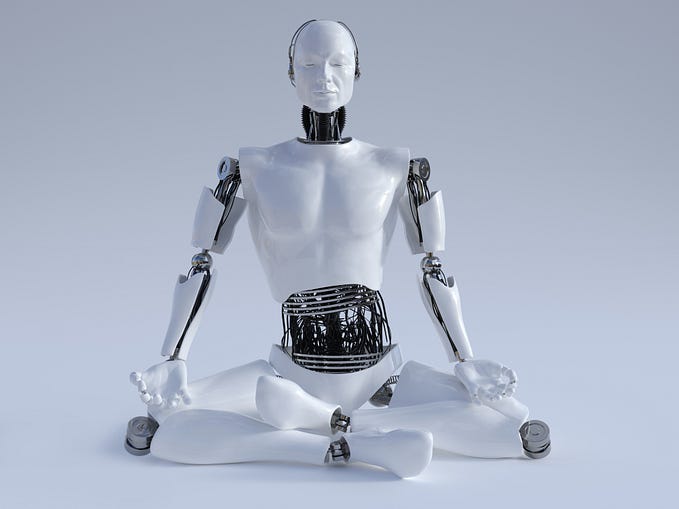The University of Miami claims they didn’t use facial recognition to intimidate student protesters. We have proof they’re lying.

Students at University of Miami are outraged after learning that university police used recognition technology to target and intimidate students protesting the administration’s insufficient COVID-19 safety precautions. Last month, the Dean of Students called a group of students into his office to reprimand them for protesting in an “unapproved” manner by laying in a courtyard alongside faculty and staff to demand greater protections during the COVID-19 pandemic. When a student asked how the list of those called to the Dean’s office had been assembled, the Dean told them that they had been identified using facial recognition technology.
Yesterday, Fight for the Future learned that a University of Miami spokesperson is flat out denying that the school uses facial recognition. Here’s a screenshot of the statement sent by the university’s Executive Director of Communications and Public Relations:
But publicly available documents uncovered by Fight for the Future show that the university is almost certainly lying. The UM Chief of Police has openly bragged about the University’s use of facial recognition surveillance as recently as last week. In an interview with the University of Miami’s campus magazine, David Rivero said:
“We were able to [easily] identify and arrest him” through the Florida Department of Law Enforcement’s facial recognition software. “We’ve [detected] a few bad guys that way.”
Chief Rivero’s resume, available through the University of Miami website, states that he has overseen the creation of the University’s camera system and that that system includes facial recognition. See a screenshot here:
Yet when reporters reached out to the university for comment, they were met with a response that doesn’t line up: “The University of Miami does not utilize facial recognition technology.”
Student organizers know what they heard, and they just aren’t buying it.
Mars Fernandez (she/they), graduate student at University of Miami and member of the University of Miami Employee Student Alliance (UMESA), said, “It’s disturbing that facial recognition can be used to summon me and other students for expressing discontent at our university’s handling of a deadly virus and economic crisis. They deny it now, but just last week UMPD Police Chief Rivero is quoted in a campus magazine as using facial recognition. They could have asked subcontracted workers, faculty workers, and student workers how we are and what we need. Instead it appears they use advanced technology to warn us about protesting “correctly,” as if they ever would have listened.”
“I think it’s a shame that campus law enforcement was tasked with identifying peaceful protesters,” added Esteban Wood (he/him), undergraduate student at University of Miami and also a member of UMESA. “Institutions of higher learning should welcome dissent, not intimidate dissenters. It’s deeply troubling to hear that campus leadership uses facial recognition technology.”
David Rivero was with the Miami Police Department for 26 years before taking the role of Chief of Police for the University of Miami. This police department has sustained heavy criticism from human rights experts and activists for using facial recognition technology to identify Black Lives Matter protesters this summer.
According to the scorecard at BanFacialRecognition.com/Campus, any use of Facial Recognition by the University of Miami would be a move against the tide. Over 60 campuses in the US, from Harvard to MIT, have stated that they do not plan to use facial recognition, technology that has been widely condemned by experts as invasive, ineffective, and plagued by systemic racial and gender bias.
“It sure seems like the University of Miami is using facial recognition to target and intimidate students who are exercising their First Amendment rights,” said Lia Holland (she/her), an organizer with digital rights group Fight for the Future who is supporting student activists. “If that’s not the case, then they need to tell their Chief of Police to stop claiming they use this technology and ban facial recognition from their campus entirely. Be crystal clear and stand up for the rights of students, staff, and faculty alike, following the lead of other campuses like UCLA, and cities like Portland, San Francisco, and Boston.”
Students with the University of Miami Employee Student Alliance (UMESA) are available for interviews via lia@fightforthefuture.org. Fight for the Future is also available to comment.










